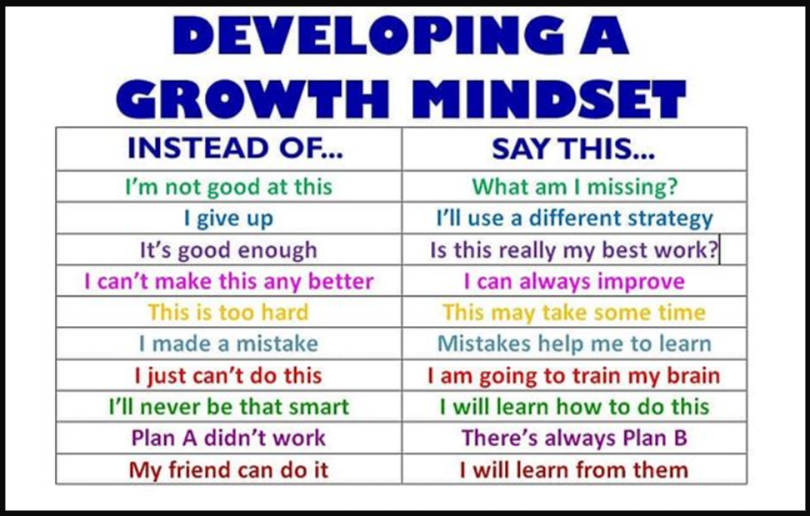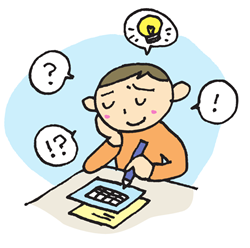
Test Study Tips
Below are a few suggestions so that you can do your very best on tests.

- Make a schedule and follow it. Never cram.
- Review your notes, and get missing notes. Skim notes first, then summarize. Concentrate on what you don’t know. Study section-by-section, and highlight important points.
- Study actively and by using different ‘learning styles’--read, question, and answer out loud.
- Make summary charts and point-form notes.
- Studying should be on-going--review notes every day throughout the term.
- Do some studying in groups.
- Understand--don’t just memorize!
- Do sample questions and make up your own questions--then answer them!
- Study past tests.
- Reward yourself with short breaks.
- Create memory cues. For example, if you have 10 words to remember, just knowing there are ‘10’ will help you remember what they are! Make up acronyms like ‘BEDMAS’.
- Ask your teacher to explain both the test format and content. Anything covered in class may be on the test! Get a review sheet from your teacher.
- Get extra help. YOUR TEACHERS WANT YOU TO DO WELL!
- Remember--this is a positive experience! You are building many personal skills.
Before the Test
- Review the material one last time on the day of the test, however, avoid nervous pre-test talk with friends.
- Arrive early, rested, fed, and feeling positive.
- Bring everything you need (e.g. pens, pencils, a watch, calculator, dictionary).
- Remember...apples and chocolate are proven brain food!

During the Test
- Jot down key words, ideas and formulas you have memorized.
- Preview the entire test.
- Budget your time according to marks-per-question--don’t waste valuable time on answers you don’t know, or on questions that are not worth a lot of marks.
- Read instructions carefully!!! What are you being asked? Answer the question--don’t just write down everything you know!
- Answer what you do know first. Then go back to work on answers you are not sure of.
- Use extra time to proofread for errors.
Multiple Choice & True/False Questions
- Do easier questions first.
- Try to answer questions before looking at answer choices.
- Narrow your choice by crossing out wrong answers.
- Use information 'given away' in previous questions (hint…answer the test/exam backwards!)
- Watch for definitive words like 'all', 'not', 'every', and 'no'.
- Never leave multiple choice answers blank!
Written Answers
- Prepare a brief outline first.
- Use complete sentences unless told otherwise.
- Begin your answer with part of the question. (e.g. The capital of Canada is…)
- Include key definition words in your answer.
- Write neatly and double spaced. Leave space between answers to add more, and to write corrections during the exam review.
- Some answer is better than no answer.
- Proof-read when done.
How to Improve your Math Test Scores
- Before you start to solve a problem, try to estimate what the answer will be.
- If you’re having difficulty with a problem, try drawing a picture or diagram.
- Don’t spend too much time on one problem. If you get stumped, move on and come back to it later.
- Show all of your work. Even if you get the wrong answer, if you were on the right track, you may get partial marks.
- If you have time, check all your answers, even the ones you know are correct. You may have read the question wrong or made a mistake.
- Always use all the time that you are given.
How Memories Work
Many of your memories are triggered by “cues” such as sounds, smells and visual images. Try to set up a lot of cues that will help you to remember. For example, if you totally cannot remember an answer, picture the classroom setting as clearly as possible, raise your hand and ask the teacher for the answer, then imagine that you are listening to the answer. This is called “state-dependant memory”--and it works!